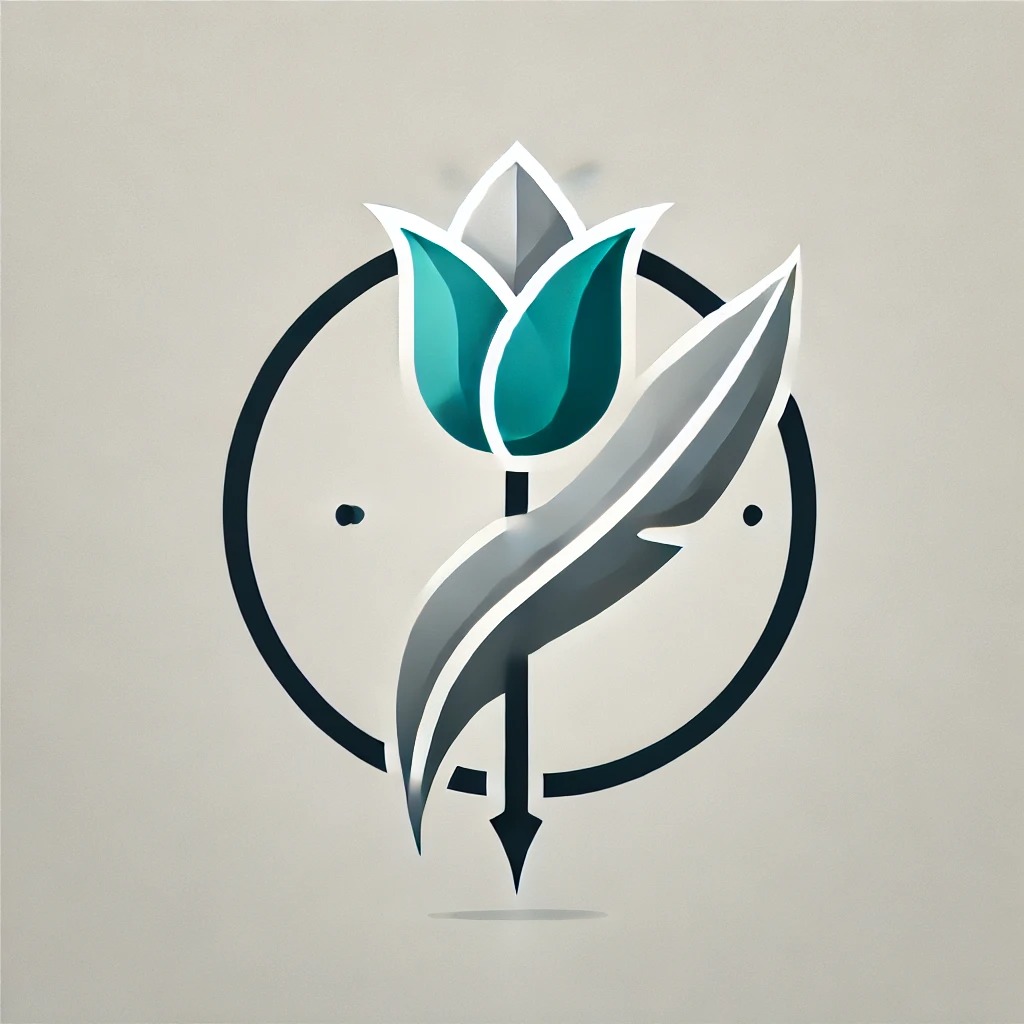
Ben Hayatta En Çok Babamı Sevdim ( Can YÜCEL)
Original Version
Coordinator/ Human Translation
Machine Translation (Google Translate)
Ben Hayatta En Çok Babamı Sevdim
Hayatta ben en çok babamı sevdim
Karaçalılar gibi yardan bitme bir çocuk
Çarpık bacaklarıyla -ha düştü, ha düşecek-
Nasıl koşarsa ardından bir devin
O çapkın babamı ben öyle sevdim
Bilmezdi ki oturduğumuz semti
Geldi mi de gidici-hep, hep acele işi!
Çağın en güzel gözlü maarif müfettişi
Atlastan bakardım nereye gitti
Öyle öyle ezberledim gurbeti
Sevinçten uçardım hasta oldum mu
40’ı geçerse ateş, çağrırlar İstanbul’a
Bir helalleşmek ister elbet, diğ’mi, oğluyla!
Tifoyken başardım bu aşk oyununu
Ohh dedim, göğsüne gömdüm burnumu
En son teftişine çıkana değin
Koştururken ardından o uçmaktaki devin
Daha başka tür aşklar, geniş sevdalar için
Açıldı nefesim, fikrim, canevim
Hayatta ben en çok babamı sevdim.
I Loved My Father Most in Life
In life, I loved my father the most
Like a thorny bush, a child born from the distant land
With crooked legs, stumbling here and there
Just as a giant runs behind him
I loved my playful father like that
He didn’t know the neighbourhood we lived in
Always coming and going – in a hurry, always in a rush!
The most beautiful-eyed education inspector of the era
I would look at him from the atlas to see where he went
Gradually, I memorized the distant lands
I would fly with joy when I fell ill
If the temperature exceeded 40, they would call him to Istanbul
He would certainly want a farewell, father and son!
I managed this game of love while having typhoid
Oh, I said, burying my nose in his chest
Until his last inspection trip
While running behind the flying giant
For other kinds of love, broad affections
My breath, my thoughts, my whole being opened up
In life, I loved my father the most.
I Loved My Father Most in Life
I loved my father the most in life.
A child who runs out of yards like gorse
With his crooked legs -he’s fallen, he’s going to fall-
As a giant runs after
I loved that flirtatious father so much
He didn’t know the neighborhood we live in
When it comes, it goes – always, always in a hurry! –
The most beautiful eyed education inspector of the age
I used to look through the atlas, where did it go?
That’s how I memorized the expatriate
I would fly with joy, am I sick?
If the fire exceeds 40, they call to Istanbul
Of course, he wants to say goodbye to his son!
When I was typhoid I made this love game
I said ohh, I buried my nose in your chest
Until your last inspection
Running then that flying giant
For other kinds of love, for broad loves
Opened my breath, my mind, my dear
In life, I loved my father the most.
Critical Reading and Analysis: Çıraklı “A Modest Proposal for Critical Reading”
Can Yücel (1926-1999) was a prominent Turkish poet known for his candid, emotional, and sometimes rebellious style. His poetry often reflects deep personal experiences, his connection to his family, and his reflections on love, life, and death. In this particular poem, Yücel reflects on his relationship with his father, Hasan Âli Yücel, a significant figure in Turkish education as a former Minister of National Education, remembered for his contributions to Turkish literature and education reform.
The poem's setting alternates between the speaker's childhood memories and later life reflections. The speaker recalls his father as an influential and somewhat distant figure, always busy with work and travel, yet deeply loved and admired. The storyworld created in the text is one of a child chasing after an elusive but beloved father, with moments of closeness and separation punctuating the relationship. The speaker's love for his father forms the emotional core of the poem, evoking a sense of admiration, yearning, and eventual understanding of the father's role and presence.
Cumhuriyet Dönemi / Republican Era
• Equilibrium: The speaker expresses love and admiration for his father, who is seen as a larger-than-life figure. • Disruption: The father's absence due to his busy life and the speaker's realization of his distance and frequent travel. • Recognition: The speaker learns to accept his father’s absences and cherishes the moments of closeness, especially during illness or significant events. • Attempt to repair the damage: The speaker emotionally connects with his father through his memories, accepting the father's lifestyle and role. • New equilibrium: The speaker acknowledges that his love for his father is the most significant and enduring love of his life.
• Projection of Desire: The speaker expresses their desire for the beloved through the act of bringing roses. The roses are presented as offerings of love and devotion, highlighting the speaker’s longing to connect with the beloved on an emotional and intimate level. • Guilt and Self-awareness: The speaker acknowledges their own limitations and shortcomings, admitting that they did not personally cultivate the roses but instead obtained them from another source. This admission reflects a sense of guilt or inadequacy, as well as a heightened self-awareness of their own actions and motivations in the context of their relationship with the beloved. • Elegies in the Snow: The imagery of leaving traces like “elegies in the snow” evokes a sense of impermanence and transience, suggesting the fleeting nature of human emotions and experiences. This imagery may also imply a sense of melancholy or sorrow, as the speaker grapples with the passage of time and the inevitability of change.
• Desire vs. Guilt • Blindness vs. Self-awareness





